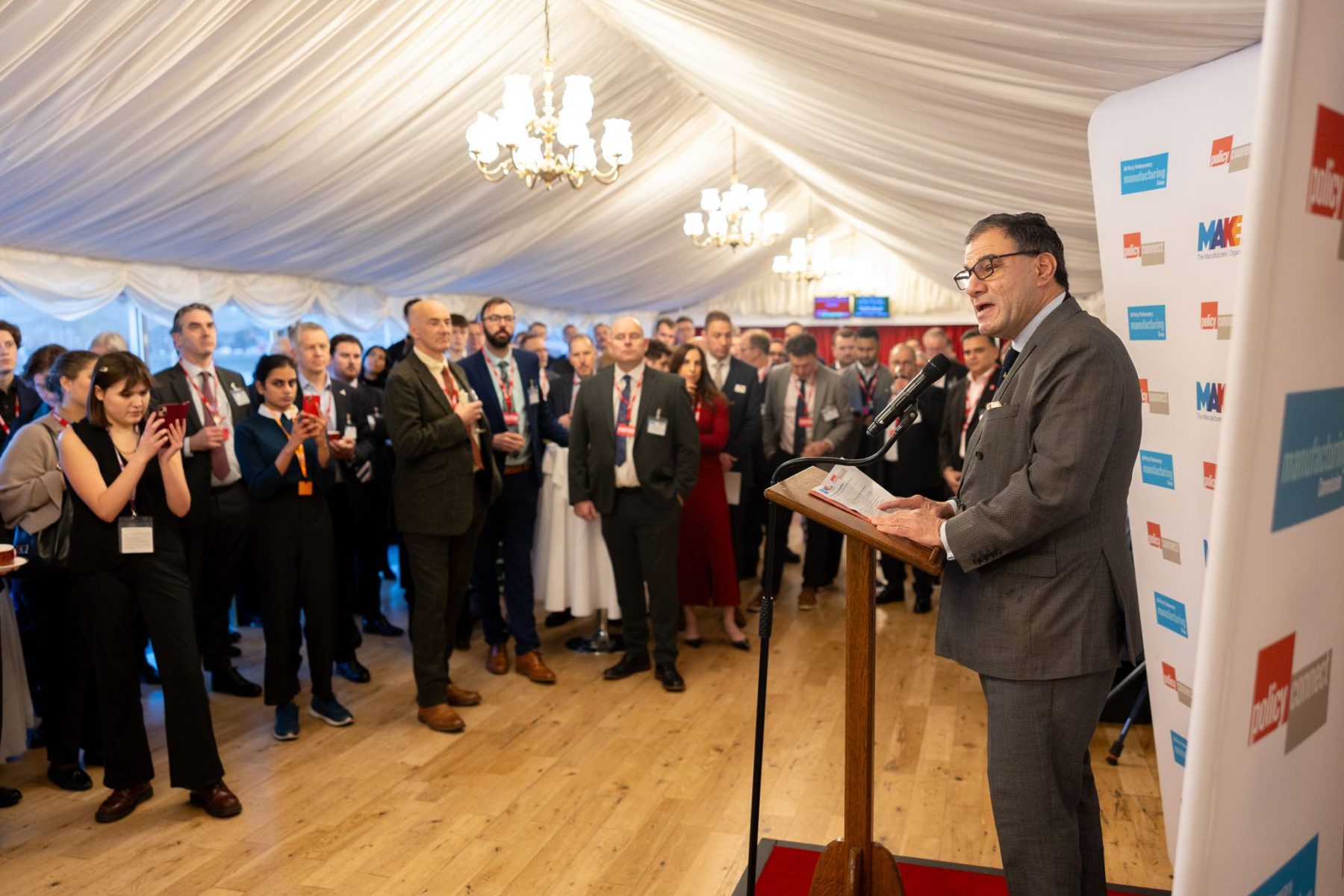Attending the launch of a new report by Make UK last summer, I was struck by the compelling arguments made for an Industrial Strategy and the re-establishment of an Industrial Strategy Council. Although in firm agreement with the findings of this report, even at my most optimistic, I thought it would be years before these recommendations were implemented.
July’s General Election drastically altered these timelines – and fast forward to winter 2024, a new Government has convened an Industrial Strategy Advisory Council, chaired by Microsoft CEO Clare Barcley, and launched a Green Paper intended to inform a forthcoming Industrial Strategy.
The central tenant of the Government’s election manifesto was its plan to grow the economy, and an effective Industrial Strategy is vital to achieving this objective. This is clearly outlined by the Government in its Green Paper, which it calls ‘a credible, 10-year plan to deliver the certainty and stability businesses need to invest in the high-growth sectors that will drive our growth mission’.
The Green Paper starts by identifying 8 sectors, which the Government deems as offering the highest opportunity for growth. These include advanced manufacturing, clean energy, defence, and digital – all of which are represented within the All-Party Parliamentary Manufacturing Group’s corporate membership. The Green Paper also identifies potential barriers to investment in these sectors, which include skills, innovation, infrastructure, regulation, investment, and trade.
Policy Connect’s response to the Green Paper has focussed on people and skills, given its recent inquiries by the Manufacturing Commission and Skills Commission, Upskilling Industry and Skills 2030. This response has identified several barriers to investment, likely to have a significant impact on the manufacturing sector if not addressed urgently. These include a lack of investment by businesses in employee training, an apprenticeship levy that is not fit for purpose, a chronic shortage of teaching staff in Further Education (FE) colleges, a lack of support for lifelong learning, and an under-representation of women and people of minority ethnic backgrounds in manufacturing.
Our Manufacturing and Skills Commissions have gathered evidence on these issues over the last 18 months and we have submitted a detailed response, including the policy changes required to address them. Our response calls for:
Reform of the Apprenticeship Levy, including greater flexibility in the use of levy funds, longer expiry periods for levy funds, and ringfencing of levy funds to ensure sizeable investment in early-career apprentices.
Launch of a new FE Workforce Strategy, including the formation of a taskforce for workload reduction, the introduction of a workforce industry exchange programme between the FE and manufacturing sectors, and increasing support for staff training and Continuing Professional Development.
Support for a lifelong learning initiative that promotes the ‘right to retrain’, including strengthening the existing legal entitlement to request time off to train, extending the free level 2 and 3 qualifications that all adults are entitled to through the Lifetime Skills Guarantee, and a refreshed approach to careers advice and guidance.
A skilled workforce is vital to implementing a successful industrial strategy. Efforts to reconstitute the apprenticeship levy, develop a FE workforce strategy, and implement lifelong learning initiatives will prove instrumental to upskilling the manufacturing sector and the workforce more widely. With a renewed focus on skills and investment, the Government can ensure that a new Industrial Strategy drives its mission for growth and national wealth.





